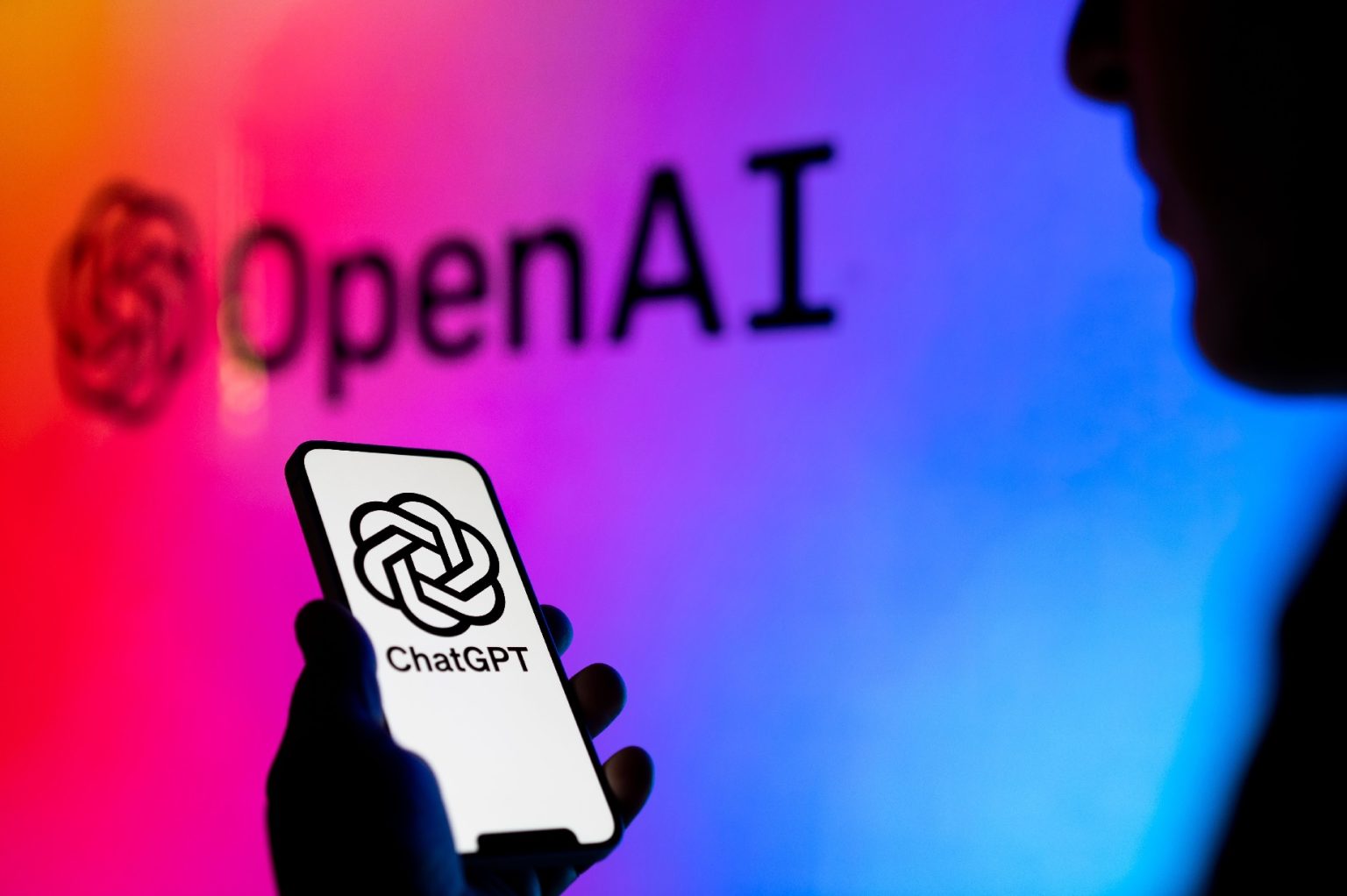OpenAI faults New York Times on copyright claims
 Okechukwu Nwaozor
Okechukwu Nwaozor
A United States-based artificial intelligence research organisation, OpenAI, has faulted copyright infringement claims by the New York Times in a lawsuit filed in December 2023.
OpenAI, which is the firm behind ChatGPT, said the publication did not tell the full story.
Responding to the lawsuit for the first time via a blog post, OpenAI said it had been in negotiation with the New York Times for months before the lawsuit.
According to it, the negotiations focused on a high-value partnership around real-time display with attribution in ChatGPT, in which The New York Times would gain a new way to connect with their existing and new readers, and OpenAI users would gain access to their reporting.
OpenAI claimed to have also informed the New York Times that its content was not used in training ChatGPT, hence, the lawsuit came as a surprise.
Giving a depth into the issue, OpenAI in the blog post explained: “The New York Times is not telling the full story. Our discussions with The New York Times appeared to be progressing constructively through our last communication on December 19. We had explained to The New York Times that, like any single source, their content didn’t meaningfully contribute to the training of our existing models and also wouldn’t be sufficiently impactful for future training. Their lawsuit on December 27—which we learned about by reading The New York Times—came as a surprise and disappointment to us.
“Along the way, they had mentioned seeing some regurgitation of their content but repeatedly refused to share any examples, despite our commitment to investigate and fix any issues. We’ve demonstrated how seriously we treat this as a priority, such as in July when we took down a ChatGPT feature immediately after we learned it could reproduce real-time content in unintended ways.
“Interestingly, the regurgitations The New York Times induced appear to be from years-old articles that have proliferated on multiple third-party websites. It seems they intentionally manipulated prompts, often including lengthy excerpts of articles to get our model to regurgitate. Even when using such prompts, our models don’t typically behave the way The New York Times insinuates, which suggests they either instructed the model to regurgitate or cherry-picked their examples from many attempts.”
Despite all these, OpenAI said it is still hopeful for a constructive partnership with The New York Times and respects its long history, which includes reporting the first working neural network over 60 years ago and championing First Amendment freedoms.
Recall that the lawsuit, filed in Federal District Court in Manhattan, on December 27, 2023, contends that millions of articles published by The Times were used to train automated chatbots that now compete with the news outlet as a source of reliable information.
The suit does not include an exact monetary demand. But it says the defendants should be held responsible for “billions of dollars in statutory and actual damages” related to the “unlawful copying and use of The Times’ uniquely valuable works.”
A related report said OpenAI could face a merger investigation in the European Union, officials have said.
Microsoft is the largest minority investor in OpenAI Global LLC, a “capped profit” subsidiary company that is controlled by OpenAI Inc, the non-profit majority owner of the organisation. Its investment, given in the form of cloud-computing credits as well as cash, officially gives it no control of the company itself, but the possibility of a maximum of a 100-times return on its capital.
The European Commission said on Tuesday it was “checking whether Microsoft’s investment in OpenAI might be reviewable under the EU merger regulation”.
OpenAI’s unusual corporate structure was thrust into the limelight last year, when its chief executive, Sam Altman, was ousted and then reappointed in a bitter struggle with the non-profit’s board. Despite having no legal sway over the outcome, Microsoft intervened heavily in the dispute, in part by offering Altman and any other OpenAI staff a job in its organisation.
Since the conflict, OpenAI’s description of Microsoft’s involvement has changed. In November, a chart on the company’s website detailing its structure described Microsoft as a “minority owner”.
- From guardian.ng
Subscribe to my newsletter
Read articles from Okechukwu Nwaozor directly inside your inbox. Subscribe to the newsletter, and don't miss out.
Written by
